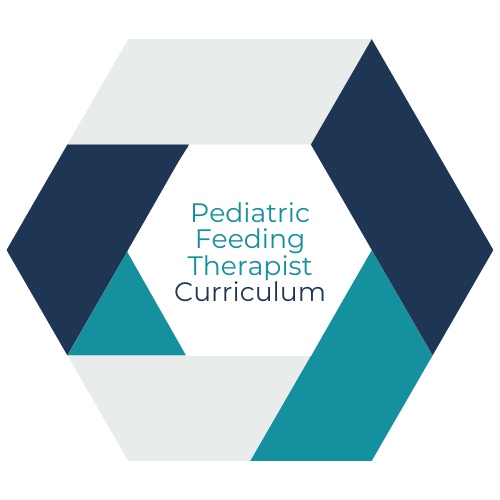
Sample Evaluations in Pediatric Feeding Disorders
6 Hours, 0.6 ASHA AND AOTA CEUs
This course aims to provide professionals with a comprehensive approach to evaluate pediatric feeding disorders across various populations and scenarios. Participants will acquire practical skills and knowledge to evaluate and create appropriate evidence-based management, tailored to the unique needs of each child and family.
MEET OUR PRESENTER:
Bibiana has been a Brazilian certified speech-language pathologist since 2015. She is the co-founder and owner of Ânima Alimentari (@animaalimentari). She has a background specializing in the evaluation and treatment of pediatric feeding disorders, with a particular emphasis on teaching. She has been a presenter at different education events in Brazil, included being a speaker at the annual Brazilian and Latin American Congress of Speech-Language Pathology. Her evaluation and treatment are child-centered, with practices grounded in the principles and values of Responsive Feeding Therapy.

TIME ORDERED AGENDA & LEARNING OBJECTIVES
0-90 minutes: Essential Points for Evaluation - Analyze the multifactorial complexity of feeding disorders, including medical, behavioral, and environmental factors, to conduct thorough evaluations. Evaluate sensory aspects of feeding (e.g., taste, texture, temperature) to identify sensitivities and responses affecting feeding behaviors. Create assessment strategies based on understanding developmental milestones related to feeding, identifying deviations as potential indicators of feeding disorders. Analyze the definition and classification of pediatric feeding disorders to ensure accurate diagnosis and treatment planning.
91-180 minutes: Conducting Comprehensive Assessments - Analyze and compile comprehensive case histories and the child's medical background to identify underlying causes of feeding disorders. Evaluate through observational techniques, such as assessing oral structures across different ages, conducting structured mealtime observations, interviewing parents and caregivers, and utilizing utensils and audiovisual resources. Create integrated assessment approaches that consider medical, developmental, behavioral, and environmental factors influencing pediatric feeding disorders.
181-270 minutes: Structured Assessment - Create comprehensive assessment plans using various structured evaluation tools for diagnosing and treating pediatric feeding disorders.Develop diagnostic hypotheses and therapeutic strategies based on data collected from multiple assessment instruments.Explain the importance of understanding the child's daily routine and feeding context in diagnosing and treating feeding disorder.Describe the use of various assessment tools and protocols in forming diagnostic hypotheses and planning therapeutic strategies for feeding disorders.
271-360 minutes: Differential Diagnoses - Create effective treatment plans based on accurate analysis and interpretation of evaluation data. Apply strategies to differentiate between common picky eating behaviors, problem feeders and Pediatric Feeding Disorders (PFD). Analyze the prevalence data of various pediatric feeding disorders to inform accurate diagnosis and intervention planning. Evaluate the necessity for and facilitate referrals to a multidisciplinary team of specialists for comprehensive management of feeding disorders
LEARNING OUTCOMES
After completion of course participants will be able to:
- Examine the concepts and application of pediatric feeding disorder assessment tools in diverse scenarios and populations.
- Choose the appropriate selection and utilization of assessment tools for different pediatric populations and age groups.
- Analyze assessment results effectively to develop evidence-based treatment plans, considering the unique needs of each child and family.
- Examine the differential diagnoses between Picky Eater, Problem Feeder and Pediatric Feeding Disorder
Frequently Asked Questions:
Presenter Information and Disclosures:


This course is offered for 0.6 ASHA CEUs (Advanced Level, Professional Area).
AOTA CEUs are available for 6 contact hours in Service Delivery and Foundational Knowledge.
Please note if any accommodations are needed to access the learning experience or resource materials, please email support@feedthepeds.com
